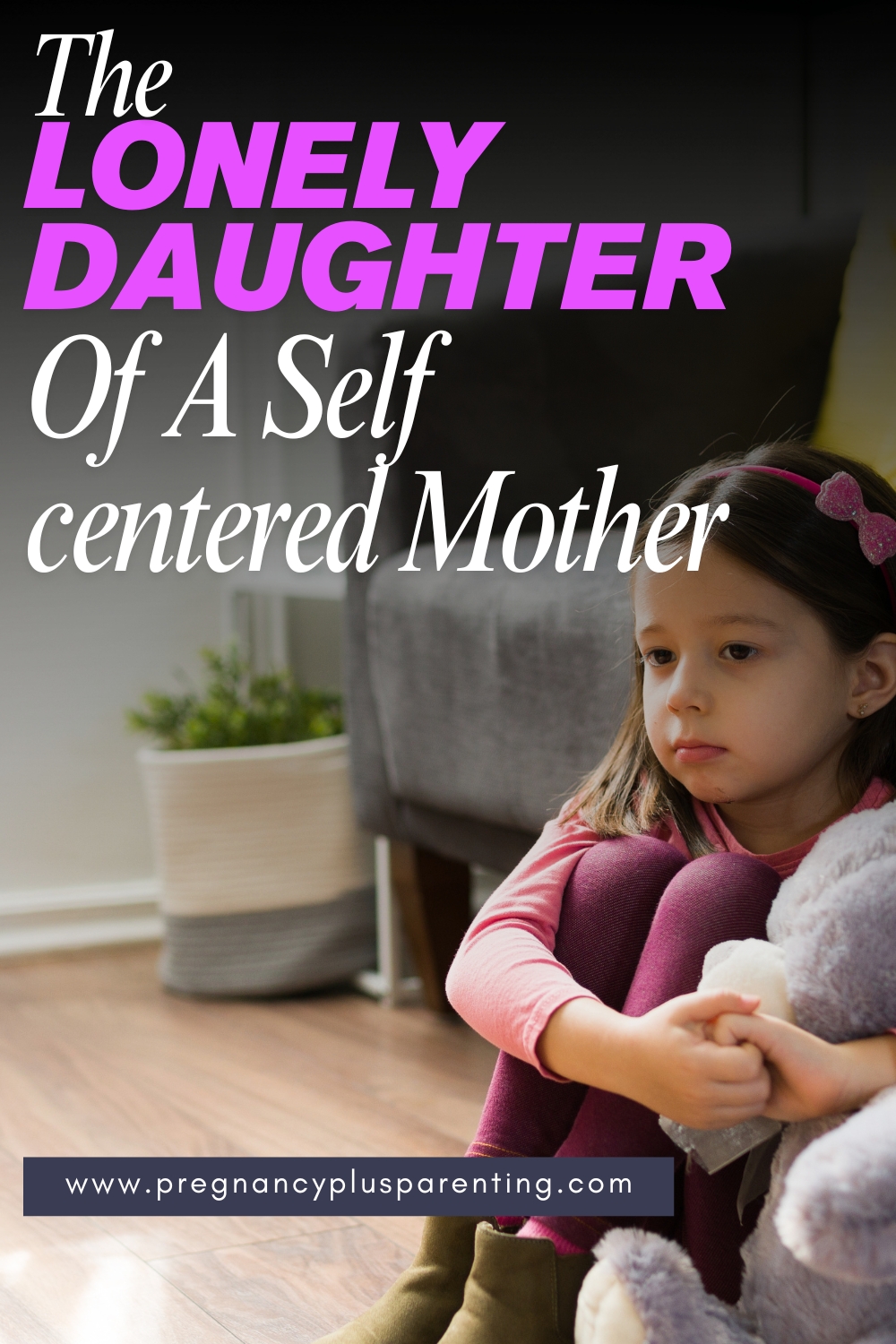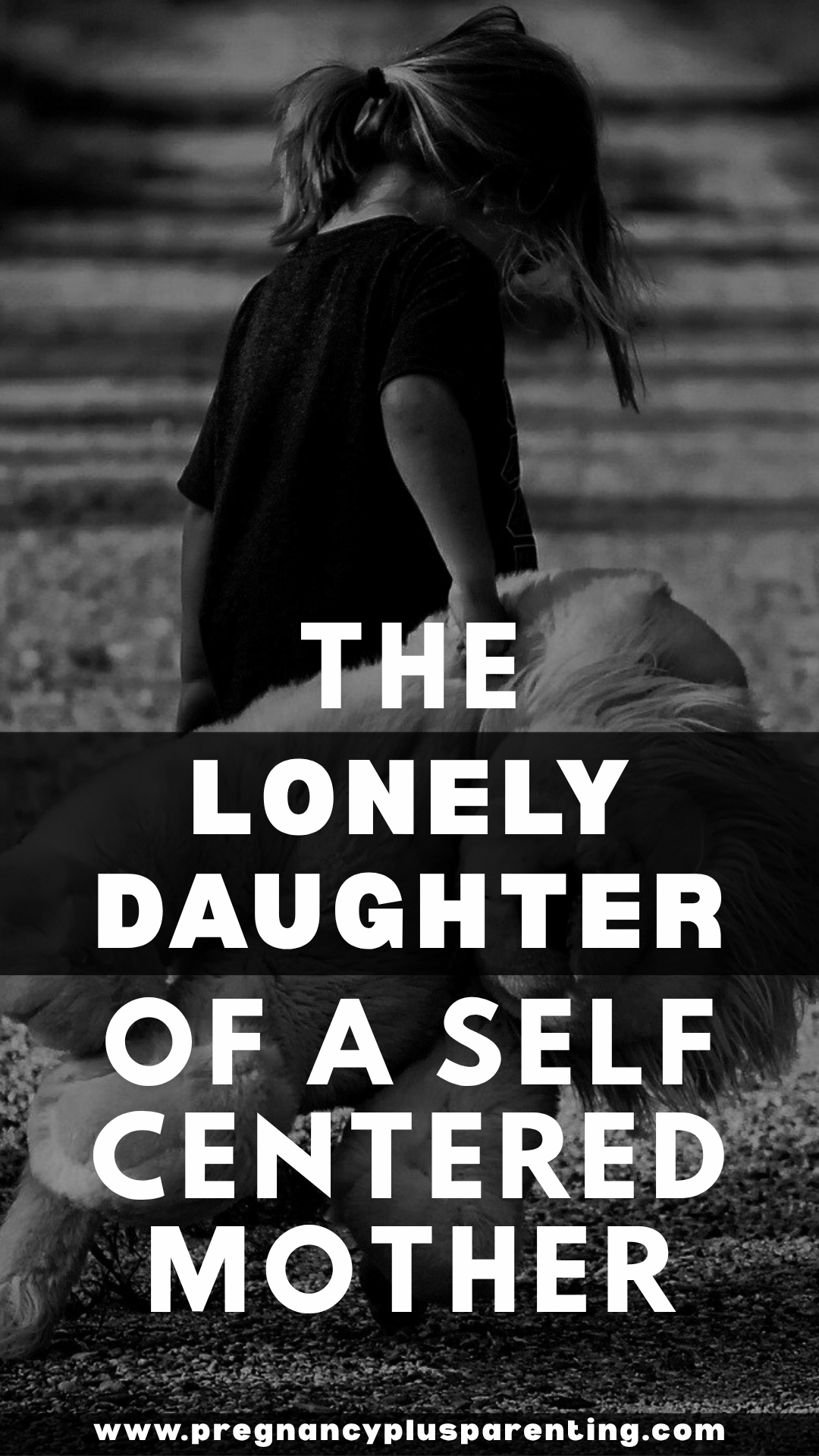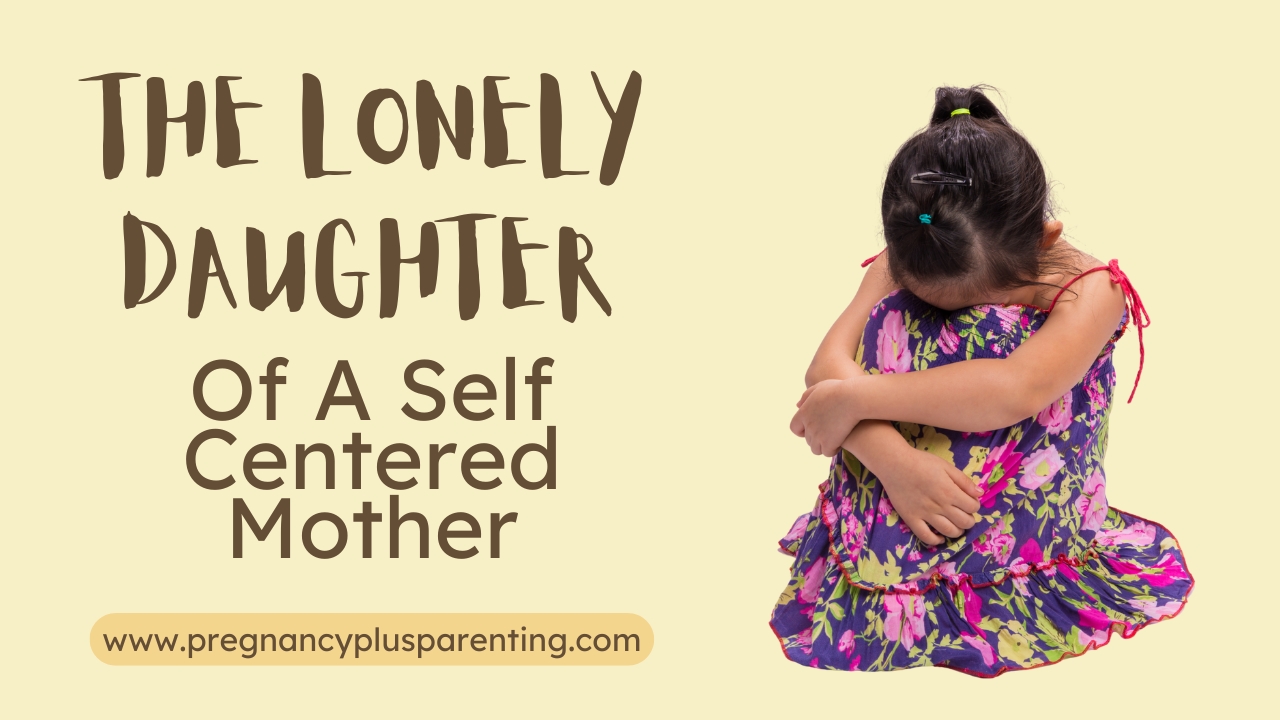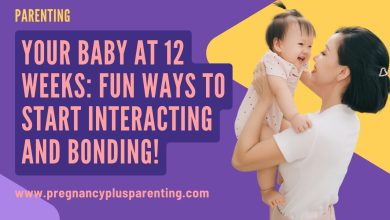The Lonely Daughter Of A Self-centered Mother
There’s a silent, often overlooked loneliness—the kind that arises in the midst of a family. When the person who should provide closeness, warmth, and protection is only concerned with themselves, the child is left emotionally alone.
Daughters of self-centered mothers, in particular, experience this loneliness deeply and persistently. They often carry it with them throughout their lives—invisible to the outside world but palpable in every cell of their self-esteem.
These daughters learn early on: My needs don’t matter. They try to earn their mother’s love—through conformity, achievement, and consideration.
But no matter how hard they try, the feeling remains that they aren’t truly seen—because the center of the family system is not the child, but the mother.
What does “self-centered” mean?
A self-centered mother places—consciously or unconsciously—her own wishes, feelings, and perspectives above those of her child.
She expects attention, recognition, or emotional support without giving it back in kind.
Often, it is not about conscious cruelty, but about a deep-seated self-centeredness that leaves little room for others.
These mothers tend to see their daughter as an extension of themselves—not as an independent person with her own needs, boundaries, or opinions.
The child is needed to stabilize the mother’s self-image. She is expected to admire, comfort, function—and “disturb” as little as possible.
The early years: The lack of emotional resonance
A small child needs nothing more urgently than emotional mirroring: a loving look, genuine interest, a sensitive response to her feelings.
But in the relationship with a self-centered mother, this is precisely what is missing. The daughter may experience care, support, even affection—but not what nourishes her innermost being: to be seen, understood, and valued.
Instead, she learns to adapt. If she’s happy, she might be praised—but only if it fits her mother’s mood.
When she’s sad, she might hear phrases like, “Don’t exaggerate.” Or, “I’m not feeling well either—you’re always thinking about yourself.”
So the girl grows up with deep insecurity: Am I too much? Or not enough?
The daughter’s role: Functioning instead of feeling
To be loved, the daughter often takes on a role early on. She becomes the “good daughter,” the comforter, the helper.
She puts her own needs aside, learns to sense what her mother needs at any given moment—and adapts. Not out of weakness, but out of a childlike survival instinct. Because when her mother’s love is conditional, adaptation becomes a survival strategy.
But this very adjustment comes at a price. The daughter loses access to herself. At some point, she no longer knows what she feels, what she wants, or what she needs. Her inner compass is overshadowed by her mother’s needs—and thus begins a life that often feels empty, strange, or wrong.
Emotional loneliness despite closeness
From the outside, these mother-child relationships sometimes appear completely normal. They spend time together, do things together, and are in regular contact.
But the emotional quality of the relationship is often shockingly poor. Conversations revolve around the mother—her problems, her successes, her opinions.
When the daughter tries to share something personal, she is interrupted, downplayed, or ignored—subtly but consistently. Her inner world remains unnoticed.
Her vulnerability finds no space. And so a feeling of deep, invisible loneliness arises: I am alone—even though I am not alone.

The daughter’s guilt
Many daughters of self-centered mothers carry severe feelings of guilt. They believe they are ungrateful if they complain about their mother.
They hear inside: She did everything for you! And yes—that’s often true on a material or organizational level. But love is more than provision. And emotional neglect is no small matter.
Nevertheless, many find it difficult to acknowledge their anger. Instead, the pain often turns inward, manifesting in self-doubt, depression, psychosomatic complaints, or a constant feeling of “I’m wrong.”
Growing up – and still being tied down
Even in adulthood, these dynamics don’t automatically resolve. Even if the daughter moves out—even if she has children of her own—the patterns remain.
The mother constantly checks in, expecting closeness, recognition, and influence. Or she withdraws, offended, when her daughter sets boundaries.
And the daughter? She feels guilty. She’s torn between the desire for distance and the old need to please her mother.
It often takes years for her to realize: I am allowed to live my life—even if my mother doesn’t like it.
The path to healing: Back to yourself
Healing begins with recognition—with the courage to honestly look at what was, and what is. Without sugarcoating.
Without self-judgment. It’s not about hating your mother. It’s about taking your own story seriously.
This includes:
-
Name what’s missing: Love that was conditional. Attention that wasn’t directed at you, but at the image you were supposed to fulfill.
-
Let go of the blame: You didn’t do anything wrong. As a child, you did what you could to survive.
-
Acknowledge your feelings: Anger, sadness, disappointment—they’re legitimate, and they need space to release.
-
Set new boundaries: You can decide how much closeness you want. You no longer have to conform.
Therapeutic support can be very helpful in this regard. Deeply ingrained patterns rarely resolve through insight alone. It takes time, self-compassion—and often, the nurturing of what was missing.
What you can win
When you begin to detach yourself from the self-centered mother, you regain something very precious: yourself.
-
You learn to recognize your own needs—and to respect them.
-
You discover what you really feel—regardless of the reaction of others.
-
You strengthen your self-esteem—not through conformity, but through authenticity.
-
You can build relationships based on reciprocity—not one-sidedness.
The path to this goal isn’t easy. It’s often painful, confusing, and full of setbacks. But it’s possible. And it’s worth it.
Conclusion: You were never too sensitive – you were alone
The daughter of a self-centered mother often carries the pain of not having been truly seen, not having been truly cared for, for years.
She grows up in an emotional vacuum—with a smile on her face and an empty heart.
But this story doesn’t have to determine your entire life.
You are allowed to free yourself.
You are allowed to let go of what was never yours.
You are allowed to stop fighting for a love that never truly nourished you.
Because you’re not fake. You’re not too sensitive.
You’re a human being with a deep need for genuine connection—and that’s exactly what makes you strong.







